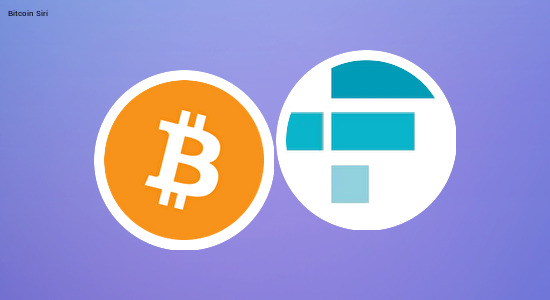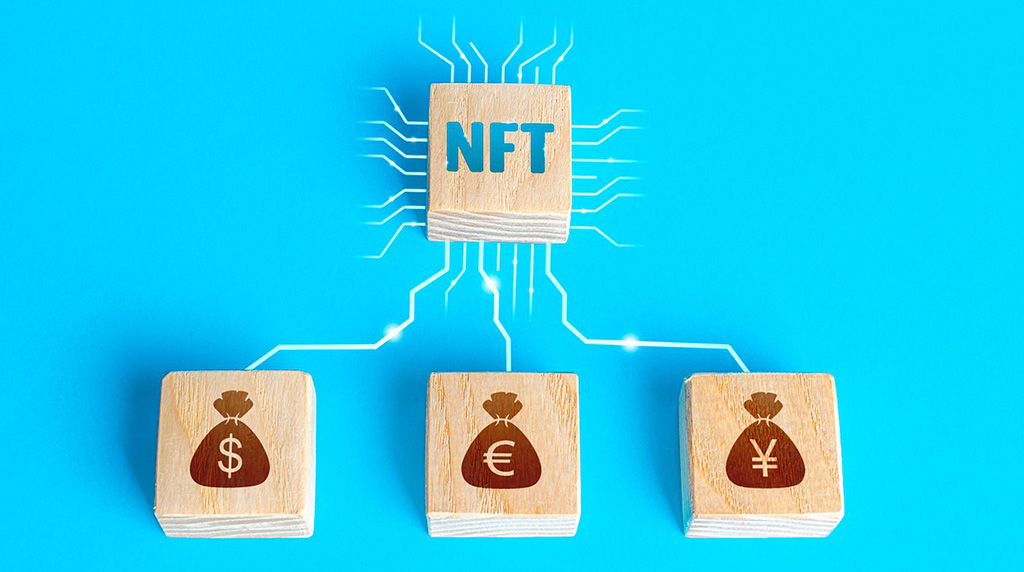The debate between centralized and decentralized exchanges has been ongoing for some time now, with proponents of decentralized platforms claiming that user experience on these platforms has improved significantly. Tim Shan, the COO of Dexalot, is one such proponent, and recently shared his thoughts on the matter with Bitcoin.com News.

Shan believes that the inherent benefits of decentralized finance (DeFi) platforms such as self-custody make decentralized exchanges more appealing than even the most trusted centralized exchanges. However, he also acknowledges that decentralized platforms still come short when it comes to the number of users or the volumes traded.
Shan believes that the main reason for this is that centralized exchanges are often perceived to be safer and much faster and cheaper to use than decentralized exchange (DEX) platforms. He also believes that the ease of use of wallets is a major hurdle blocking the mass migration from centralized to decentralized platforms, as wallets are still not user-friendly enough.
In addition, Shan shared his thoughts on the regulation of the blockchain and crypto industry, particularly in the wake of industry-shaking incidents such as the collapse of FTX. He believes that regulators will not go after decentralized exchanges, but rather the instruments that are transacted on them, such as stablecoins and others, by categorizing them as “securities.”
Finally, Shan explained why Dexalot chose to build its platform on Avalanche, citing its unparalleled blockchain technology that offers sub-second speed and allows for app-specific horizontal scalability via subnets.
Overall, it is clear that decentralized exchanges have come a long way in terms of user experience and are slowly but surely bridging the gap with centralized exchanges. With ongoing innovations and improvements, it is likely that decentralized exchanges will become more popular in the near future.



